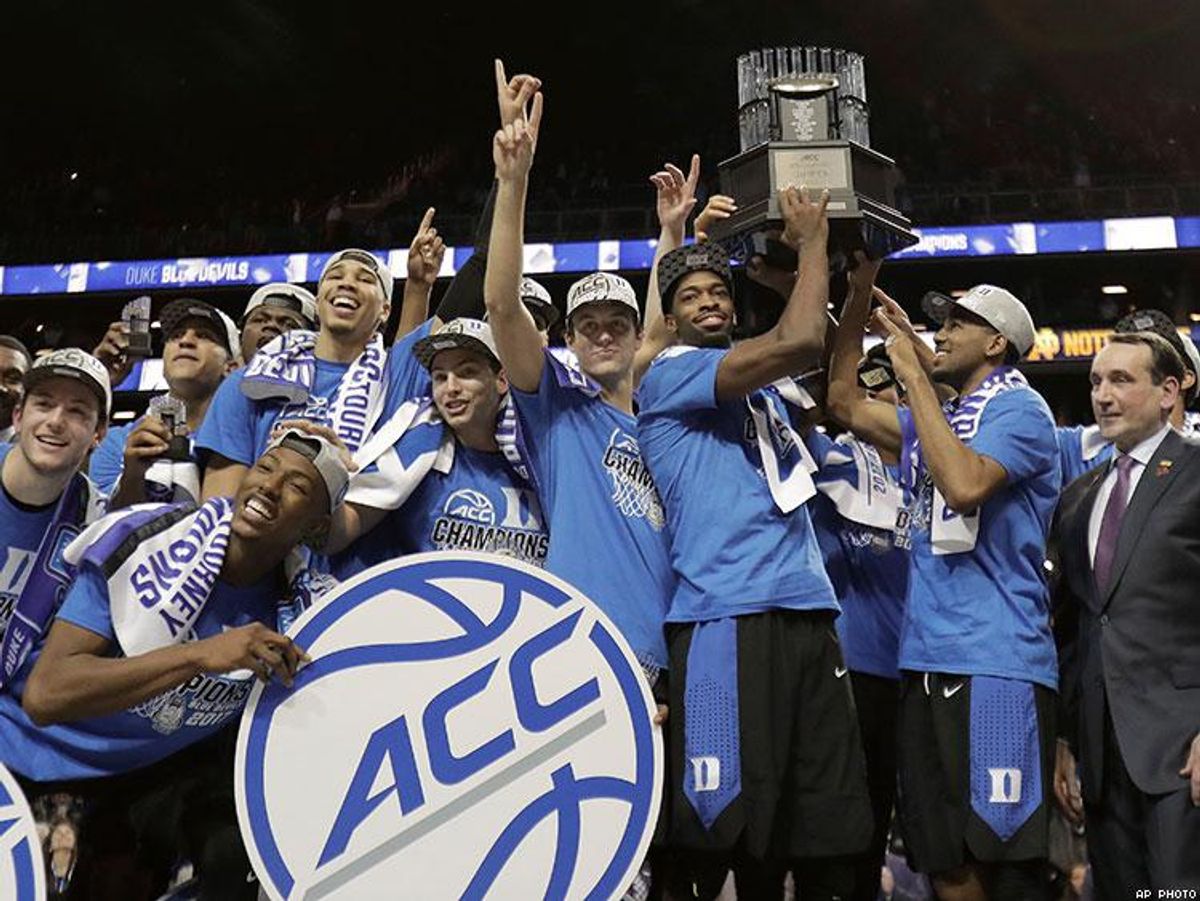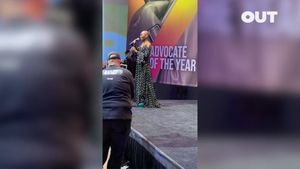After facing several boycotts from sport leagues because of its controversial anti-LGBT law, North Carolina politicians have filed a preventive bill that would allow the University of North Carolina and North Carolina State to withdraw from the Atlantic Coast Conference if the conference boycotts the state again, ABC News reports.
House Bill 728, filed Monday, would prevent state schools from extending a grant of media rights to a college conference that boycotts North Carolina and mandate that they withdraw from the conference when the media rights expire. In addition to UNC and N.C. State, which are in the ACC, it would affect 15 other public colleges and universities that are in other conferences, USA Today notes. It would not affect private schools such as Duke.
Last September, the ACC announced that it was relocating any championship events that were scheduled to take place in North Carolina in the 2016-17 season. The ACC now has stated that it will reconsider holding championships in North Carolina, given the partial repeal of the anti-LGBT House Bill 2, reports Yahoo News.
A sponsor of HB 728 said it's necessary to stand up to the ACC. "We're taking this seriously, and we're not going to sit back idly and let them do whatever they want to North Carolina," Republican Rep. Mark Brody told WNCN, a Raleigh TV station.
But opponents were skeptical of the bill sponsors' motives. "This is a payback bill from people who supported House Bill 2," Rep. Graig Meyer, a Democrat, told WNCN.
Prior to the "compromise" repeal of HB 2, the ACC had joined the NCAA and the NBA in pulling events from the state in opposition to the law. After the repeal, the NBA and the NCAA reversed their decisions and agreed to hold events in the state once more.
LGBT advocates referred to the "compromise" as a "kiss of death." The repeal of HB 2 came with several conditions, such as local governments being prohibited from passing nondiscrimination ordinances relating to employment or public accomodations until 2020.
The original law, adopted last year, prevented local governments from enacting or enforcing LGBT-inclusive employment nondiscrimination or public accommodations ordinances (affecting private businesses or contractors) and barred transgender people from using the restrooms, locker rooms, and other sex-segregated facilities that correspond with their gender identity, if these facilities are located in government buildings, including public elementary and secondary schools and state colleges and universities. It also barred localities from setting a minimum wage higher than the state's, and until a change shortly after its adoption, revoked the right of employees to sue for discrimination in state court.

















































































